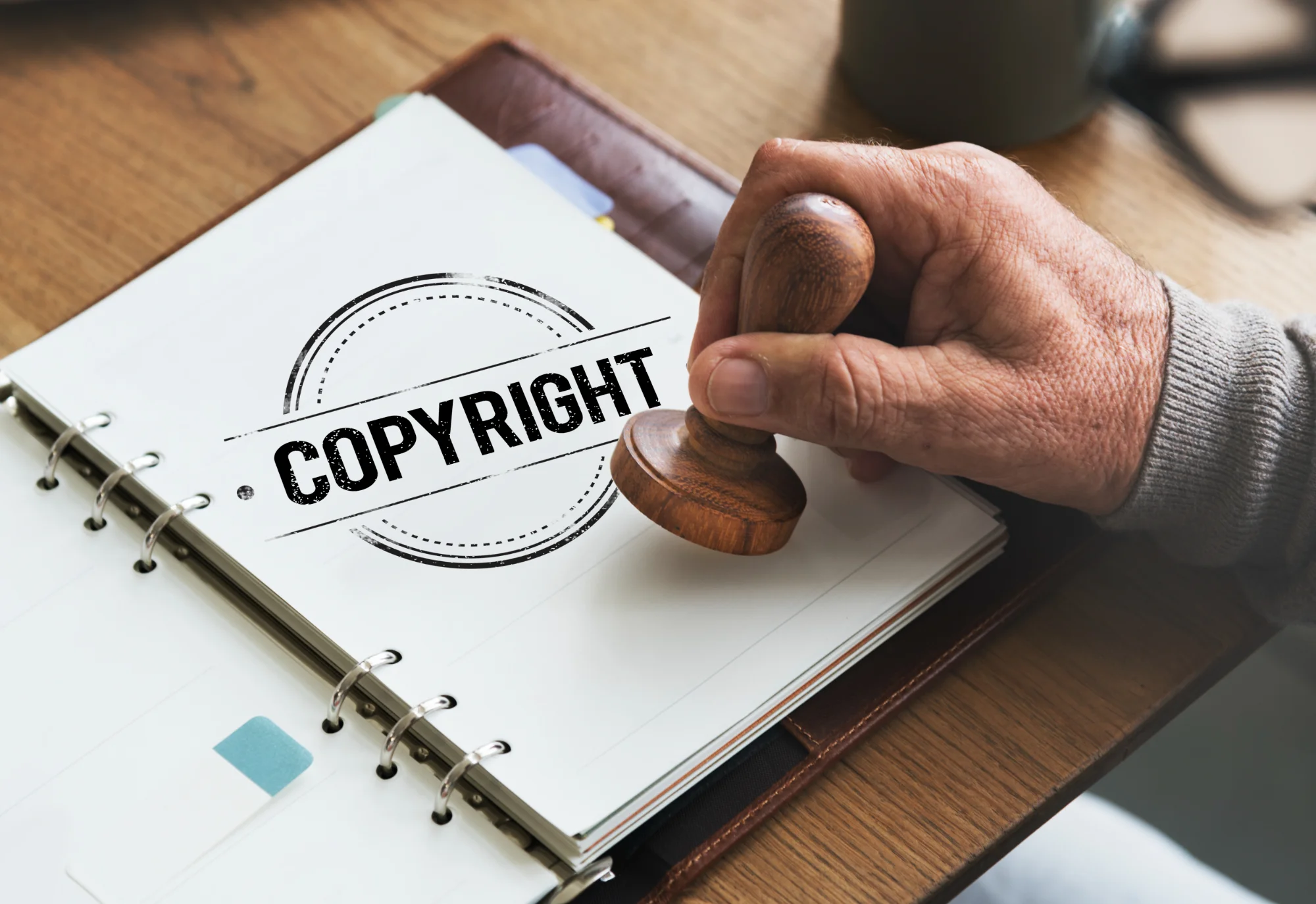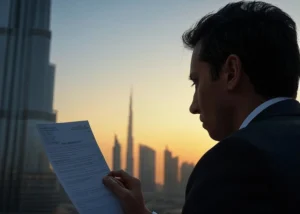The United Arab Emirates (UAE) is a hub for international trade and commerce, making intellectual property (IP) protection a cornerstone of its legal framework. Trademark laws in the UAE are designed to ensure that businesses and individuals can protect their unique brand identities while preventing unauthorized use or exploitation.
Overview of Trademark Laws in the UAE
The primary legislation governing trademarks in the UAE is Federal Decree-Law No. 36 of 2021 on Trademarks. This law aligns with international standards and provides comprehensive guidelines for trademark registration, protection, and enforcement. In addition, the UAE is a signatory to global treaties, including:
- The Paris Convention for the Protection of Industrial Property
- The Agreement on Trade-Related Aspects of Intellectual Property Rights (TRIPS)
- The Madrid Protocol (for international trademark registration)
What is a Trademark?
A trademark is any distinctive sign, logo, word, or combination that distinguishes goods or services of one entity from those of another. Trademarks can include:
- Brand names
- Symbols or logos
- Taglines or slogans
- Shapes, colors, or sounds associated with a product or service
Trademark Registration in the UAE
To gain protection under UAE law, trademarks must be registered with the UAE Ministry of Economy. Registration ensures exclusive rights to use the mark and protects against infringement. The key steps in the registration process include:
- Application Submission: Submit an application with details of the trademark.
- Examination: The Ministry reviews the application to ensure compliance with legal requirements.
- Publication: Approved trademarks are published in the Official Gazette for public objection (if any).
- Registration Certificate: After the objection period, a certificate is issued, granting exclusive rights to the owner.
Trademark Infringement in the UAE
Trademark infringement occurs when a registered trademark is used without authorization in a manner that confuses or misleads consumers. Common examples of infringement include:
- Counterfeiting: Manufacturing or selling fake goods bearing a registered trademark.
- Passing off: Misrepresenting goods or services as those of another business.
- Unauthorized usage: Using a registered trademark without permission for commercial gain.
Penalties for Trademark Infringement
The UAE imposes severe penalties to deter trademark infringement, including:
- Financial Fines:
- Penalties range from AED 5,000 to AED 1,000,000, depending on the severity of the offense.
- Imprisonment:
- Serious violations can lead to imprisonment for up to two years.
- Seizure and Destruction:
- Counterfeit goods can be confiscated and destroyed under court orders.
- Civil Damages:
- Trademark owners can claim compensation for financial losses caused by the infringement.
Case Analysis
Case 1: Louis Vuitton v. Counterfeit Sellers
Louis Vuitton, a luxury fashion brand, successfully pursued legal action against several entities selling counterfeit products bearing its trademark in the UAE. The court imposed significant fines on the infringers and ordered the destruction of counterfeit goods. This case highlighted the UAE’s commitment to protecting global brands from counterfeit operations.
Case 2: Starbucks v. Local Café
A local café used a logo and branding remarkably similar to Starbucks, causing consumer confusion. Starbucks filed a lawsuit alleging trademark infringement. The court ruled in favor of Starbucks, mandating the café to cease using the infringing materials and pay damages.
Case 3: Apple Inc. v. Unauthorized Reseller
Apple Inc. filed a case against an unauthorized reseller in the UAE for using its trademark without permission. The reseller was fined, and the court ordered a halt to their operations, reinforcing the protection of globally recognized trademarks.
Enforcement Mechanisms
Trademark owners can take various actions to enforce their rights in the UAE:
- Administrative Complaints:
- File complaints with the UAE Ministry of Economy to investigate and act against infringement.
- Civil Lawsuits:
- Seek compensation for damages through the local courts.
- Criminal Complaints:
- Report severe violations to law enforcement authorities, leading to criminal proceedings.
- Customs Measures:
- Register trademarks with UAE Customs to intercept counterfeit goods at borders.
Preventative Measures for Businesses
To safeguard trademarks and avoid disputes, businesses should:
- Register Trademarks: Ensure all trademarks are registered locally and internationally, if applicable.
- Monitor the Market: Regularly check for unauthorized use of trademarks.
- Act Promptly: Take immediate legal action upon discovering infringement.
- Educate Employees: Train staff on the importance of trademark compliance and IP protection.
Conclusion
The UAE’s robust legal framework for trademarks underscores its commitment to fostering a fair and competitive business environment. By adhering to these laws and taking proactive measures, businesses can effectively protect their brand identities and deter infringement. Through landmark cases and stringent enforcement, the UAE has established itself as a leader in intellectual property rights protection.






